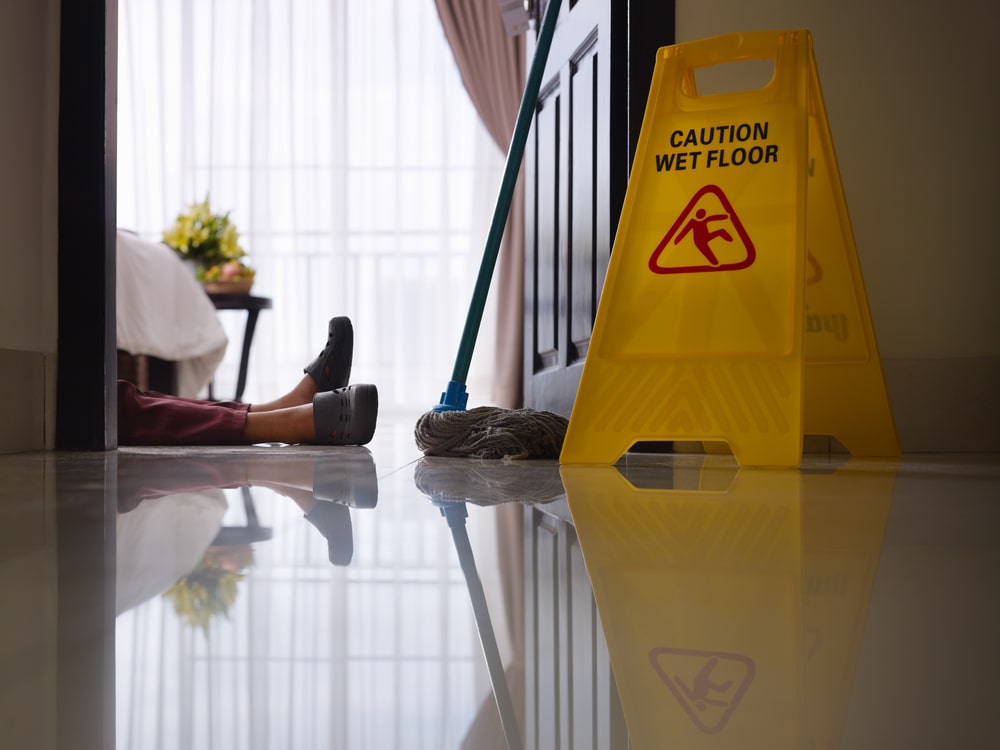When we enter a property, whether it’s a shopping mall, office building, or apartment complex, we trust that the premises are safe and secure. However, not all property owners fulfill their duty to maintain a safe environment for visitors and tenants. Negligent security is a serious issue that can lead to devastating consequences, including injuries and even loss of life. Below, our friends at Siegal & Richardson, LLP will explore the concept of negligent security and discuss how victims can hold property owners accountable for their injuries.
Understanding Negligent Security
Negligent security refers to a property owner’s failure to take reasonable steps to protect visitors and tenants from foreseeable harm caused by criminal acts, such as assaults, robberies, or burglaries. Property owners have a legal duty to provide adequate security measures based on the property’s location, the nature of the business, and previous incidents of criminal activity in the area. Failure to meet this duty constitutes negligence and can expose property owners to liability for injuries resulting from criminal acts.
Examples Of Negligent Security
There are various scenarios in which negligent security can contribute to injuries or harm on a property. For instance, inadequate lighting in parking lots or stairwells can create opportunities for criminals to conceal their activities and target unsuspecting individuals. Similarly, broken locks or malfunctioning security cameras may fail to deter criminal behavior or provide evidence in the event of an incident. Failure to screen employees or contractors properly can also lead to security breaches and potential harm to visitors or tenants.
Legal Principles And Liability
To establish liability for negligent security, injured parties must demonstrate that the property owner breached their duty of care by failing to implement reasonable security measures. This typically involves proving that the property owner knew or should have known about the risk of criminal activity on the premises and failed to take appropriate action to address it. Additionally, victims must show that their injuries were a direct result of the property owner’s negligence.
Seeking Compensation For Injuries
Victims of negligent security incidents may be entitled to compensation for damages such as medical expenses, lost wages, pain and suffering, and emotional distress. By filing a personal injury lawsuit against the property owner with the help of a slip and fall lawyer, victims can hold negligent parties accountable for their actions and recover the financial resources needed to rebuild their lives after a traumatic event. Additionally, a successful lawsuit can incentivize property owners to improve security measures and prioritize the safety of their patrons and residents.
Preventing Negligent Security Incidents
Property owners can take proactive steps to prevent negligent security incidents and protect the safety of those on their premises. This may include conducting regular security assessments, installing surveillance cameras and alarm systems, hiring trained security personnel, improving lighting in high-risk areas, and implementing access control measures. By investing in robust security measures, property owners can create a safer environment for everyone who enters their premises.
Negligent security poses a significant risk to public safety and can result in severe injuries and emotional trauma for victims. Property owners have a legal and moral obligation to prioritize security and take reasonable steps to prevent foreseeable harm on their premises. By holding negligent property owners accountable for their actions, injured parties can seek justice and ensure that responsible parties are held liable for the harm they cause. Additionally, promoting awareness of negligent security issues can encourage property owners to implement proactive security measures and create safer environments for all. If you are worried about premises liability, contact a lawyer near you.

